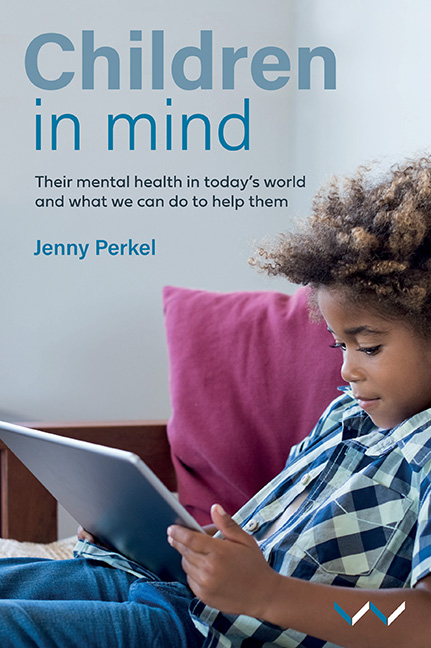3 - Scared, Sad Children and Their Self-Protective Defences
Published online by Cambridge University Press: 26 May 2022
Summary
When children and teenagers from middle-income communities are asked, ‘What is the hardest part about being young in the world today?’, many of them say that social media, school, stress and pressure to succeed are the most difficult challenges. But young children are not really able to make sense of why life is hard, because it's the only life they know. There is ongoing debate about whether children today are more disturbed than children were in the past. The research on the topic seems baffling and not entirely consistent. It depends who is studying what children, in what areas, under what circumstances. Mental distress during childhood is more visible and talked about today than it used to be. It is publicly and widely recognised, and there are fields of study dedicated to understanding and addressing the way children feel. Children today have been given more of a voice than they had generations ago. Child psychology has raised public awareness about the mental state and emotional well-being of children. Most importantly, today's children are seen as valuable and important enough to have their distress taken seriously and to receive treatment. In previous generations, it was not as common as it is now for children to have play therapy or to see a psychotherapist.
A review of 19 studies of toddlers, children and adolescents, published in the Australian and New Zealand Journal of Psychiatry in 2014, examined changes in mental health over a period of at least a decade between the twentieth and the twenty-first centuries. The review revealed some interesting findings, concluding that for both children and toddlers, later cohorts did not exhibit worse mental health symptoms than earlier cohorts. In adolescents, externalising problems – such as aggression towards others – were similar to what they were before. The majority of studies in the 2014 review reported an increase in internalising problems – for example, anxiety and depression – in adolescent girls. The findings for internalising problems in boys were mixed. In 2019, Praveetha Patalay and Suzanne Gage investigated the changes in adolescent mental health and health-related behaviours over ten years in the UK.
- Type
- Chapter
- Information
- Children in MindTheir Mental Health in Today's World and What We Can Do to Help Them, pp. 41 - 54Publisher: Wits University PressPrint publication year: 2022

